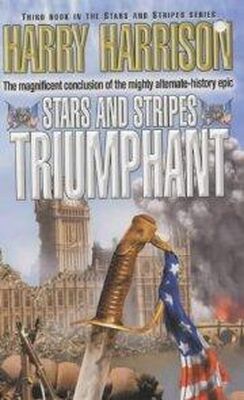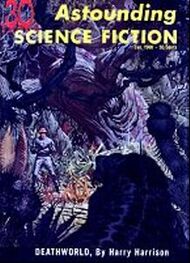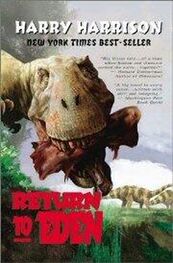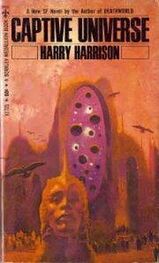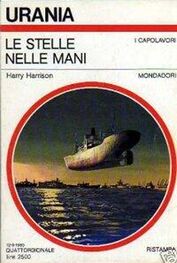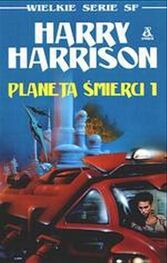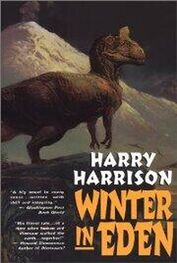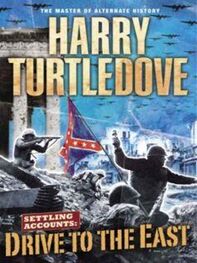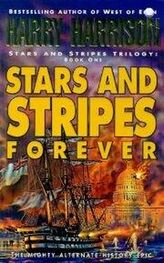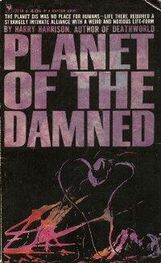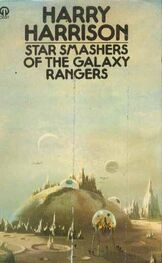One of them was Thomas McGrath, who now sat on a box in the opened flap of a tent, puffing slowly on his pipe. He was a big man with immense arms and slightly graying hair. He had been a gaffer in a Birmingham tannery up until the time of his arrest. He looked around bitterly at the tents and the mud. Bad enough now — but what would it be like in the autumn when the rains came in earnest? Would they still be here then? No one had told him anything, even when they came to arrest him and seize his family. Orders, the soldiers had said. From whom — or for what reason — had never been explained. Except that they were Irish, like every other person in the concentration camp. That’s what the camps were called. They were concentrating the Irish where they could be watched. He looked up at the sound of footsteps to see Patrick McDermott walking toward him.
“How you keeping, Tom?” he asked.
“The same, Paddy, the same,” McGrath said. McDermott had worked with him in the tannery; a good man. The newcomer squatted down gingerly on the duckboards.
“I’ve got a bit of news for you,” he said. “It seems that I was over there, standing by the main gate, when the ration wagons drove in just now. Two soldiers, a driver and a guard, in each of them, just like always. But they are wearing totally different uniforms from the guards that are stationed on the gates. Sure, I said to myself, and there must be a new regiment come to look after us.”
“Now is that true, you say?” McGrath took the pipe from his mouth and knocked the dottle out on the side of the box and rose to his feet.
“With my own two eyes.”
“Well then, there is no time like the present. Let’s do it — just like we worked out. Are you ready?”
“Never readier.”
“When they come you look to the driver. I’ll be having a word with the wife first. She’ll talk to your Rose later.”
The horse-drawn carts came every day or two to distribute food. Potatoes for the most part, since the British believed that the Irish ate nothing else. The two Irishmen were waiting when the wagon came down between the row of tents, stopping where the small crowd of women waited for the food. McGrath had chosen this spot because the tents blocked any view of the soldiers at the gates. There was only this single wagon in sight, with one of the prisoners in the back passing down the potatoes. McGrath knew the man from the pub, but couldn’t remember his name.
“Let me give you a hand with that,” he said, clambering up into the wagon.
The guard, with the musket between his legs, sat facing backward next to the driver. Out of the corner of his eye McGrath saw Paddy standing by the horse.
“You, get down from there,” the guard called out, waving him off with his gun.
“He’s been ill, your honor, he’s that weak. I’ll just give him a hand.”
McGrath seized up a sack of potatoes, saw Paddy stepping forward. He swung the bag and knocked the soldier’s rifle from his grasp. The man was gape-jawed, but before he could respond, McGrath bent him over with a punch to the belly. He gasped and fell forward; McGrath’s other fist felled him with a mighty blow to the jaw.
At the same moment as McGrath swung the bag, Paddy had reached up and pulled the surprised driver from his seat down to the ground, kicking him in the side of the head as he fell into the mud.
It had taken but an instant. The man who had been unloading the potatoes stood with a bag in his hands, shocked. The women did not move but looked on silently; a child started to cry but went silent, his mother’s hand over his mouth.
“Dump most of these potatoes,” McGrath told the other man. “See that they get spread around the camp. And you know nothing.”
On the ground Paddy had stripped the unconscious soldier of his clothes and was pulling them on. He wiped some of the mud from the uniform with the man’s neckcloth. “Get some rope,” he said to the watching women. “I want him bound and gagged. The same for the other.”
McGrath was struggling into the guard’s uniform jacket; not an easy fit and impossible to button. He picked up the man’s gun and took his place on the seat, stuffing his and Paddy’s wadded-up clothes under the seat beside him. The entire action had taken less than two minutes. The women had carried the bound and unconscious soldiers into an empty tent and tied the open flap shut. The Irishman who had been unloading potatoes was gone. Paddy made a clicking sound and shook the reins. The horse plodded forward. Behind them the women and children dispersed. McDermott let out a pleased sigh.
“That was well done, me old son,” he said.
“Jayzus, I thought you had taken his head off, the punch you hit him.”
“It did the job. The gate now — and keep your gob shut if they want to talk to you.”
“Aye.”
The horse, head low, plodded slowly toward the gate. There were four green jackets on guard there, one of them a sergeant with an ample belly. He signaled and two of the soldiers started to open the gate. Paddy pulled up the horse while he waited for it to swing wide.
“You’re finished damned fast,” the sergeant said, glancing suspiciously into the cart.
“Pushed the bleedin’ fings out, that’s what,” Paddy said in an acceptable Cockney accent, for he had worked for many years in London. “Them last ones is rotten.”
“Do up that tunic or you’ll be charged,” the sergeant snapped. McGrath fumbled with the buttons. The sergeant grunted and jerked his thumb for them to proceed, then turned away, no longer interested.
Paddy drove slowly until a bend in the road and a grove of trees shielded them from sight of the camp; snapped the reins and urged the horse into a trot.
“I thought I would die when that sergeant spoke to you like that.”
“Stupid pigs!” McGrath was suddenly angry. Angry at life, the concentration camp, at the people who had seized him and brought him and his family to this desperate place. “There, that stand of trees. Pull in there and we’ll get out of these uniforms. See if there is any money in the pockets. We are going to need a few bob for the train if we want to put some miles behind us before the alarm is raised.”
The low-lying English coast lay directly ahead as Aurora made a slow turn to starboard. With her engine thudding quietly she steamed toward Dungeness near the mouth of the river Thames, where the Trinity House cruising cutter was established at the rendezvous for London-bound shipping. Count Korzhenevski had the nautical chart of the coastal waters spread out on the table on the forward deck. The three Americans looked on intently as he tapped it with his finger.
“Here, off Dungeness,” he said, “is where we must stop to pick up the pilot. Every morning and every evening a tender from Dover tops up the number of men there, so there are always about fourteen pilots waiting. They will send one of them out to us when we heave to and signal. A pilot is of utmost importance now, because the river estuary here is a maze of shifting sandbanks. However, before the pilot joins us, I will ask you gentlemen to enter the main cabin and remain there as long as he is aboard. But once he is on the bridge, it will be time for Commander Wilson to appear in his role as deck officer to supervise casting off from the buoy. The crew has been directed to act as if they are obeying his instructions. Once we sail, Wilson will remain on deck and act as bow lookout until we approach this spot — where the river makes a sharp turn to the right. Before we reach the turn, he will move to the starboard side of the ship just below the bridge. Once he has taken up his position there, he will be out of sight of the pilot and can direct his attention to the defenses along the riverbanks. It is a matter of public record that a few years ago Prime Minister Palmerston ordered a spate of fort building; this was during the last French invasion scare. There is a new fort here at Slough Point, farther upstream at Cliffe Creek and Shornmead as well. But here is the place that you will really examine.”
Читать дальше